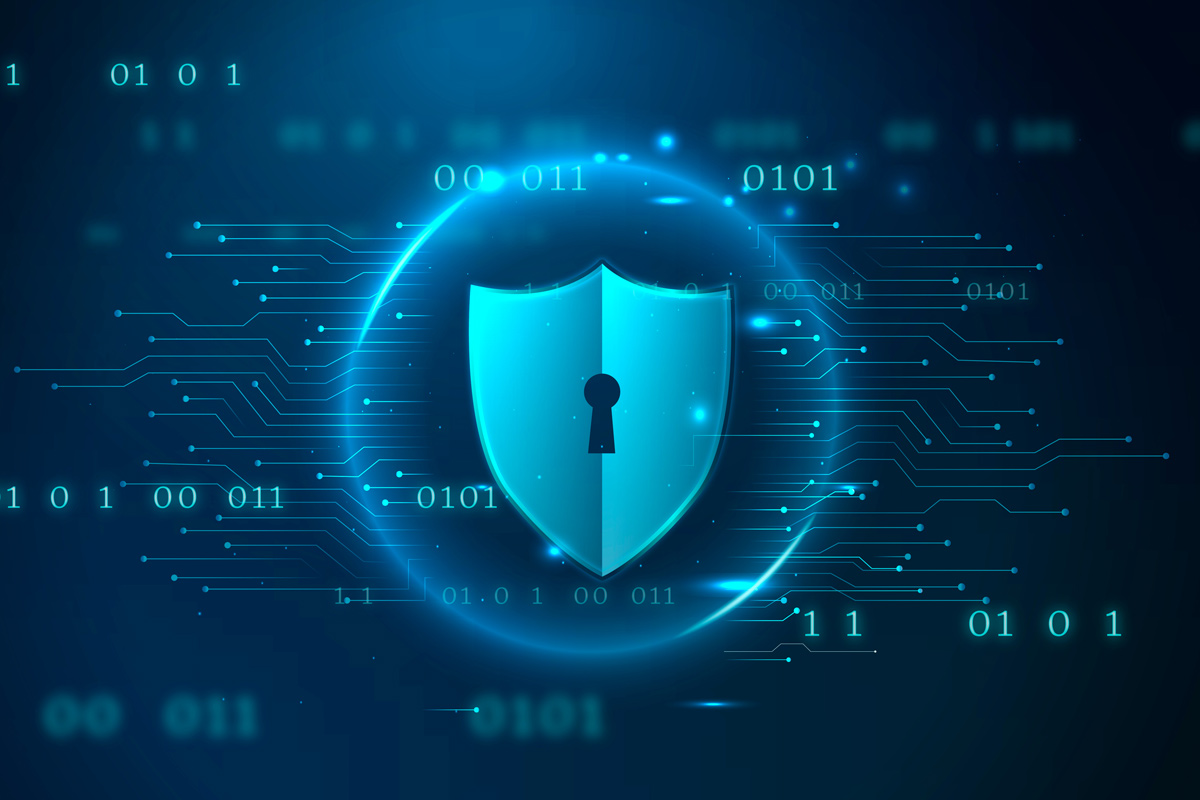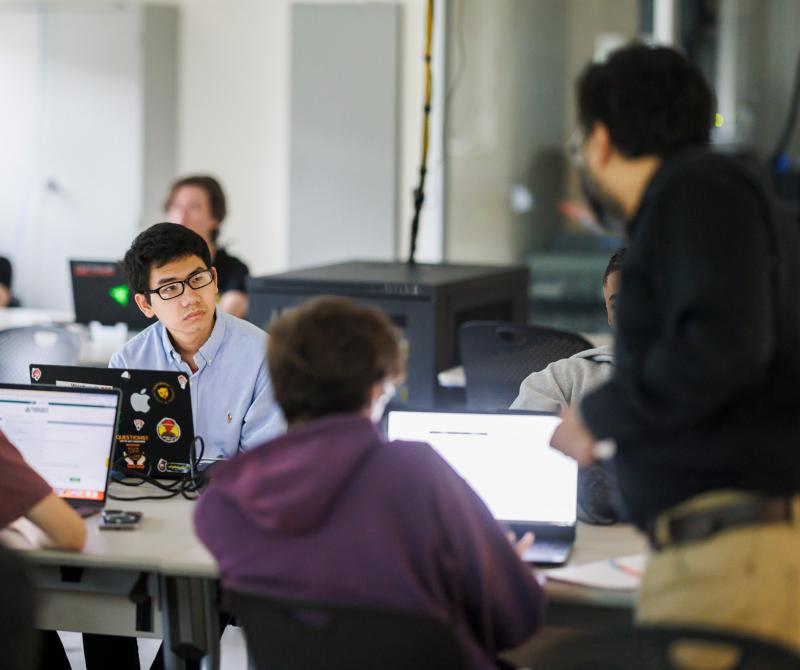Computer Networking, Programming & Security Majors
Digital technology and the internet have created new areas of study and career opportunities.
Jobs like website and software developers. IT specialists and network engineers. Cybersecurity professionals who keep us safe on the web and use their hacking skills for good. Whether you like to write code or want to build the servers that the code is stored on, there are countless ways to turn an interest in computers into a fulfilling future.
Theoretical & Practical Applications

Computer science encompasses both theoretical and practical applications that drive innovation and progress in various fields.
The study of fundamental concepts, algorithms, and mathematical models that underpin computational problem-solving can move the discipline forward and help transform the way we approach programming. It provides a framework for understanding the capabilities and limitations of computing systems.
Programmers can use these methods to develop and implement software, systems, and technologies that address real-world challenges and opportunities in areas like software engineering, artificial intelligence, data science, cybersecurity, and computer networking.
It also enables the creation of innovative solutions that enhance communication, streamline processes, automate tasks, and empower individuals and organizations in all industries to achieve their goals more efficiently.
The Transformative Power of Computers

Beyond improving an individual's life or a singular company's product, computers impact our world on a macro level. They can be the difference between skepticism and uncertainty or trust and confidence in our most vital institutions.
Cybersecurity serves as a fundamental pillar in ensuring a safer and more secure world by shielding individuals, businesses, and governments from a myriad of cyber threats and attacks. Cybersecurity efforts thwart cybercriminal activities, including identity theft, fraud, and ransomware attacks, curbing financial losses and preserving trust in online transactions and services. It also plays a pivotal role in safeguarding critical infrastructure sectors, such as energy, healthcare, and finance.
Computer Science & Society explores the principles of computer science in a societal context, further emphasizing how this work can change our world. Computer science influences nearly every aspect of modern life, from fostering easier communication to improving technology, finance, healthcare, and entertainment to advancing education and learning. It impacts governance and democracy through data analysis and policy formulation and shapes cultural expression and creativity through digital media.
Harnessing Data & Designing Networks

Our networks, and the data that passes through them, have a profound impact on economic development, social interconnectivity, and political efficiency in the modern world.
Computer networking connects people, devices, and systems across the globe. Instant communication and interaction through email, messaging apps, and social media platforms have allowed people to connect with friends, family, and colleagues regardless of physical distance. The seamless sharing of information on a large scale drives economic growth and innovation by enabling e-commerce, banking, and digital entrepreneurship, expanding access to markets and opportunities for businesses and individuals.
At its core, data science improves decision-making. By analyzing large and complex datasets, data scientists uncover insights, trends, and patterns that inform policy, resource allocation, and strategic planning, leading to more effective outcomes in every industry. For instance, it can improve public health and safety by enabling disease surveillance, outbreak detection, and predictive modeling of public health threats. In commerce, it allows for personalized marketing that enhances customer experiences and drives engagement.
Developing Hardware and Software Solutions

Most modern industries depend on the reliability and efficiency of their technology to bolster their day-to-day operations. This allows IT experts to choose a mission-driven approach to the industries they work in because their skills can be broadly applicable.
Information technology drives progress, innovation, and connectivity across diverse sectors. It can transform education and learning by providing access to online resources, virtual classrooms, and educational platforms. It improves healthcare through electronic health records storage, telemedicine, and health informatics. IT supports environmental sustainability by enabling data-driven insights to discover green solutions. IT promotes social inclusion and equity by bridging digital divides, empowering marginalized communities, and fostering greater participation in public life.
Computer information systems focuses on the application of technology to solve business problems and improve organizational efficiency. Organizations depend on technology to support their operations, decision-making processes, and strategic goals, and experts in computer information systems combine technical expertise with business knowledge to design and manage databases, networks, and cybersecurity solutions.









